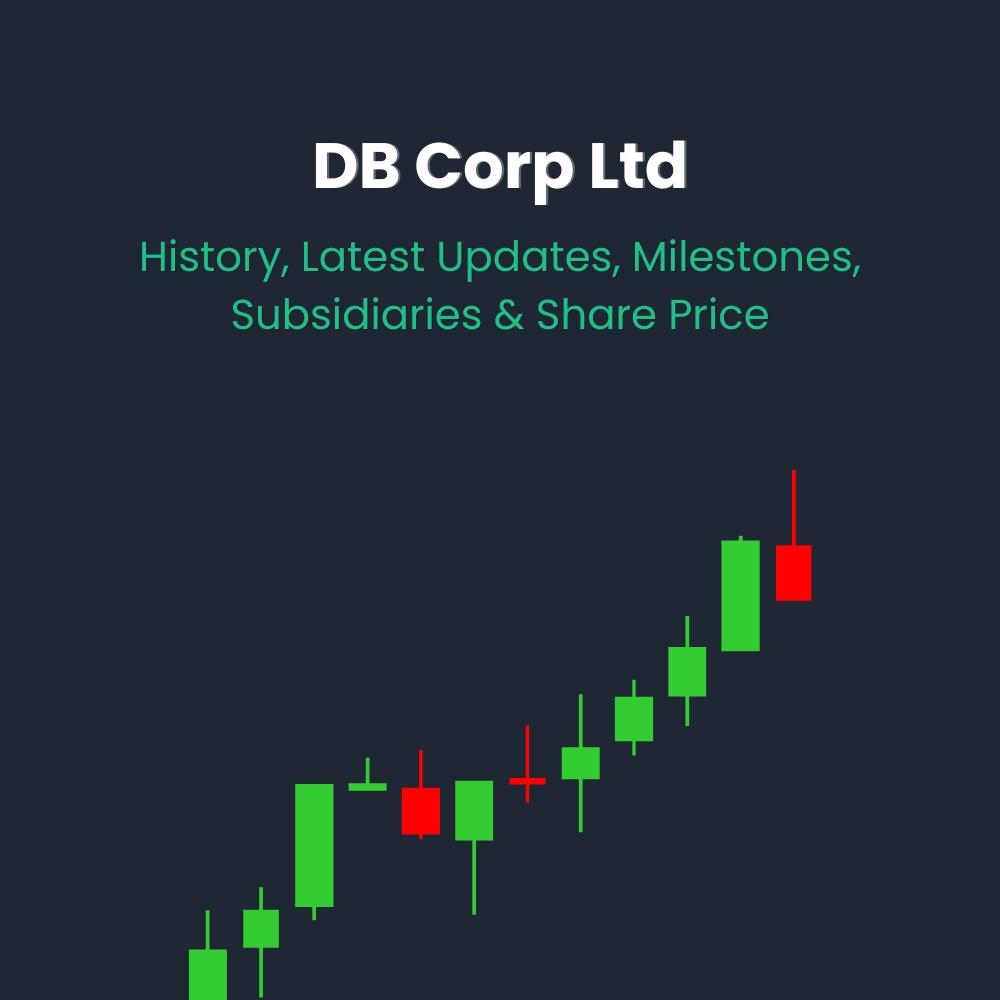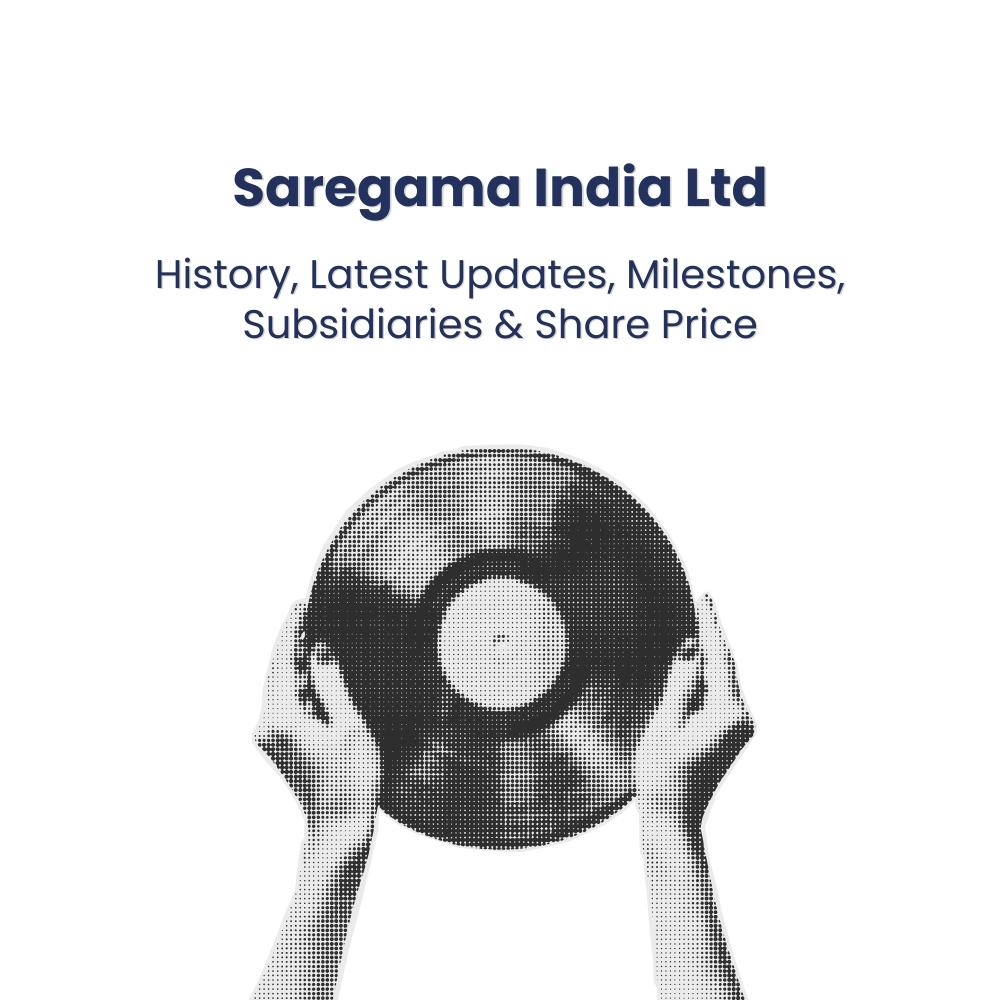What is Commodity Trading? & Overview & Types of Commodity Trading
Commodity trading is buying and selling physical commodities, such as gold, wheat, cotton, and oil, to name a few. It involves hedging or reducing the risk of price movements and speculation on future prices.
In India, the Multi Commodity Exchange (MCX) is one of the leading commodity exchanges. It allows investors to trade in various commodities, including gold, silver, crude oil, natural gas, and more. Investors can access MCX’s live prices, market news, and research on their investments.
One of the critical benefits of commodity trading is that it provides investors with exposure to various markets, allowing them to diversify their portfolios and reduce the risk of over-exposure to a single market or asset. It also allows investors to hedge against price movements, which can be beneficial when the market is volatile.
What is Commodity Trading?
Commodity trading is a way to invest in certain commodities’ performance without owning the underlying asset. It is an integral part of the global economy and is used by producers, consumers, and speculators. Commodity trading involves buying and selling futures contracts on commodities, including grains, metals, oil, and livestock. Commodity traders use fundamental and technical analysis to decide which commodities to buy and sell.
Types of Commodity Trading
Commodity trading includes different types of trading. These include futures x trading, options trading, spread trading, and day trading. Futures trading is the most common type of commodity trading and involves buying and selling futures contracts on commodities. Options trading involves buying and selling options on commodities. Spread trading involves taking both a long and short position in a commodity to capitalize on price movements. Day trading is taking advantage of short-term price fluctuations of commodities.
1. Futures Trading: Futures trading is a form of commodity trading done on exchanges such as the Multi Commodity Exchange (MCX) in India. Futures trading involves purchasing and selling a commodity for delivery at a predetermined future date.
2. Spot Trading: Spot trading is a form of commodity trading that involves purchasing and selling a commodity for immediate delivery. This type of trading is common in India, particularly on the MCX live.
3. Options Trading: Options trading is a form of commodity trading that involves the purchase and sale of an option, which is a contract that gives the buyer the right, but not the obligation, to buy or sell a commodity at a predetermined price.
4. Spread Trading: Spread trading is a form of commodity trading that involves the purchase and sale of two different commodities simultaneously, with the aim of profiting from the difference in their prices.
5. Derivative Trading: Derivative trading involves the purchase and sale of derivative contracts, such as futures, options, and swaps. These contracts are based on the underlying commodity and can be used to speculate on the price movements of the underlying commodity.
6. Over-the-Counter Trading: It is conducted directly between two parties rather than through an exchange. This type of trading is often used for large transactions, as it is more flexible than trading on an exchange.
Commodities Traded in India
Commodities trading in India is a form of derivative trading that allows investors to speculate on the future price movements of various commodities such as agricultural produce, metals, and energy. Commodities trading in India is regulated by the Securities and Exchange Board of India (SEBI). The commodities exchanges in India are the National Commodity and Derivatives Exchange (NCDEX) and Multi-Commodity Exchange (MCX). Commodities trading provides investors with several benefits, including:
The commodities traded in India can be divided into four categories:
• Agricultural Commodities: These include commodities such as wheat, rice, maize, soybeans, pulses, groundnuts, and edible oils.
• Precious Metals: These include gold, silver, platinum, and palladium.
• Base Metals: These include copper, zinc, lead, nickel, and aluminium.
• Energy Commodities include crude oil, natural gas, and coal.
Commodity Trading Exchanges in India
Commodity trading exchanges in India are platforms where different types of commodities are bought and sold. These exchanges provide a transparent, efficient, and organized market for buyers and sellers of commodities to transact. Here are some of the major commodity trading exchanges in India:
-
Multi Commodity Exchange of India (MCX): MCX is the largest commodity trading exchange in India. It offers trading in metals, energy, and agricultural commodities. MCX operates 24x7 and has a wide network of more than 700 registered members.
-
National Commodity and Derivatives Exchange (NCDEX): NCDEX is the second-largest commodity trading exchange in India. It specializes in trading agricultural commodities such as cereals, pulses, oilseeds, and spices. It offers futures contracts for both spot and forward markets.
-
Indian Commodity Exchange (ICEX): ICEX is a relatively new commodity trading exchange in India, but it has quickly gained popularity among traders. It specializes in trading in diamond futures and is the world's first diamond futures exchange.
-
National Multi-Commodity Exchange (NMCE): NMCE is a popular commodity trading exchange in India that specializes in trading in agricultural commodities such as cotton, castor seed, and chana. It has a wide network of more than 500 registered members.
-
Ace Derivatives and Commodity Exchange (ACE): ACE is a commodity trading exchange that offers trading in a range of commodities, such as metals, energy, and agricultural products. It operates under the regulatory framework of the Securities and Exchange Board of India (SEBI).
-
National Stock Exchange(NSE): In October 2018, NSE launched its commodity derivatives segment with the introduction of futures trading in gold and silver. NSE's platform offers trading in various commodities, including precious metals, base metals, energy, and agricultural commodities.
7. Bombay Stock Exchange(BSE): BSE also started its commodity trading platform called BSE Commodity Derivatives Segment in October 2018. BSE's platform offers trading in a wide range of commodities, including precious metals, base metals, energy, and agricultural commodities.
How to Get Started in Trading Commodities on the MCX
To get started in trading commodities on the MCX, you’ll need to open a trading account with a broker who is registered with the MCX. You’ll also need to deposit a certain amount of funds into your trading account to start trading. Once you’ve opened your account, you’ll be able to place orders to buy or sell commodities on the MCX.
You’ll also need to be aware of the different types of commodities contracts available on the MCX. For example, there are futures contracts, options contracts, and spot market contracts. Each type of contract has its own rules and regulations, so it’s essential to familiarize yourself with them before trading.
It’s also essential to research and analyzes before trading on the MCX. This includes researching the different commodities, understanding the different types of orders, and staying up to date on news and market trends.
Commodity trading exchanges in India have grown significantly in recent years and are now established as an essential part of the Indian financial system. They provide an efficient and transparent platform for trading in commodities and have opened up new avenues for investment and risk management for investors.
Pros and Cons of Trading in Commodity
Trading in commodities is an integral part of any investing strategy. It allows investors to diversify their portfolios and gain exposure to a wide range of markets. India is a significant producer and consumer of commodities, making it one of the most attractive markets for traders. But, as with any investment, there are pros and cons to trading in commodities in India. This guide will explore the advantages and disadvantages of trading in India’s commodity markets.
Pros of Trading in Commodity in India
1. Diversification: Commodity markets offer investors the opportunity to diversify their portfolios and gain exposure to a wide range of markets. This diversification can reduce risk and ensure that your investments are not concentrated in any area.
2. Liquidity: The Indian commodity markets are liquid, meaning it is easy to buy and sell commodities quickly. This makes it an excellent choice for both short-term and long-term traders.
3. Low Capital Requirements: Due to the low capital requirements needed to trade in commodities, it is accessible to traders of all levels. This means that even new traders can start selling in the markets without having a large amount of capital.
4. Hedging: Commodity trading can be used as hedging. Investors can use commodities to protect their investments from market volatility and fluctuations.
5. Tax Benefits: Investors can benefit from tax advantages associated with commodities trading, such as tax-free gains and no capital gains tax.
Cons of Trading in Commodity in India
1. Volatility: Commodity markets can be highly volatile, meaning prices can move quickly and without warning. This can make it difficult to predict price movements accurately and can result in losses for investors.
2. Leverage: Leverage can be used to increase profits in the short term. However, it can also result in more significant losses if the market moves against the trader.
3. Low Return Potential: Commodities have a low return potential compared to other investments, such as stocks or bonds.
4. Regulatory Risk: The Indian government regulates the commodity markets, meaning that regulations can change quickly and without warning. This can result in unexpected losses for traders.
Conclusion
Trading in commodity markets can be a lucrative investment opportunity. However, there are both pros and cons to consider. Before getting started, it is crucial to understand the risks and rewards associated with the markets. By understanding the needs and the risks, traders can make informed decisions and achieve success.
Related Stocks:
Central Depository Services (India) Ltd.
Disclaimer: This blog is dedicated exclusively for educational purposes. Please note that the securities and investments mentioned here are provided for informative purposes only and should not be construed as recommendations. Kindly ensure thorough research prior to making any investment decisions. Participation in the securities market carries inherent risks, and it's important to carefully review all associated documents before committing to investments. Please be aware that the attainment of investment objectives is not guaranteed. It's important to note that the past performance of securities and instruments does not reliably predict future performance.



